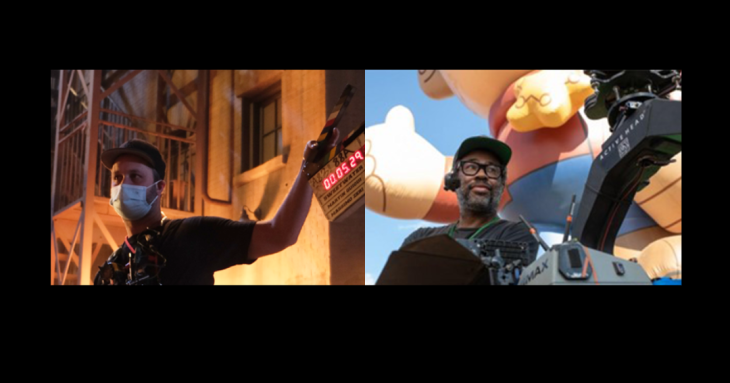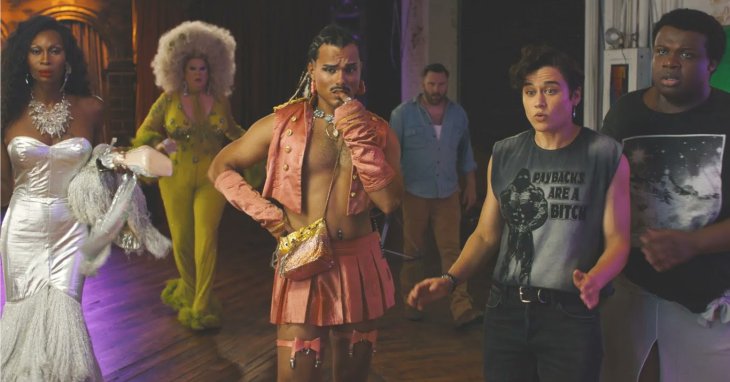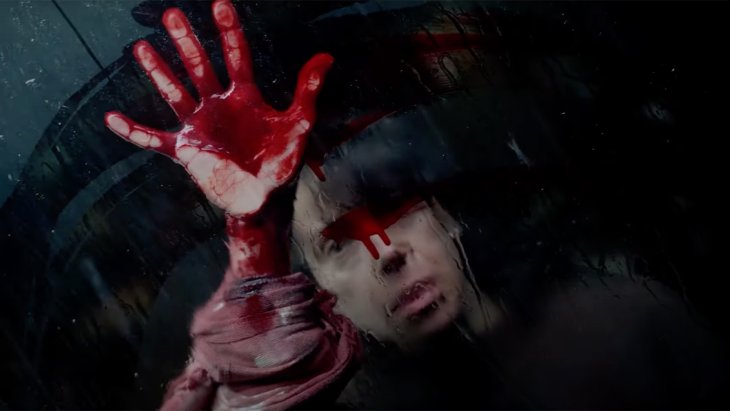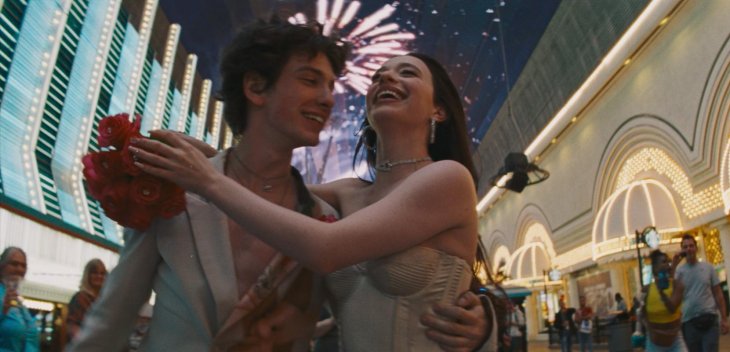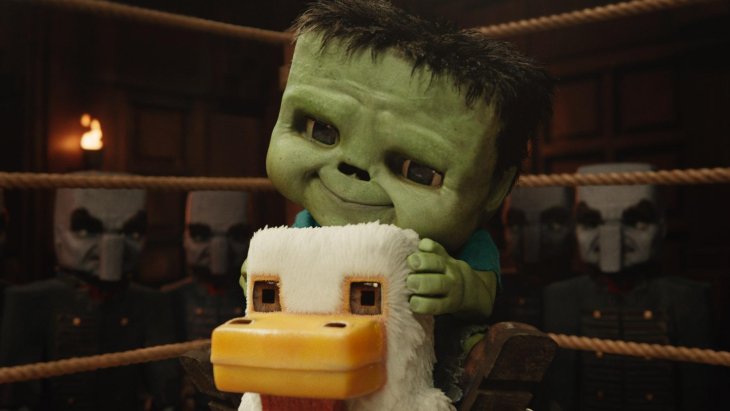
BY JOHN PAUL KING | “It presents characters unable to make the emotional connections they desperately desire, who live in private bubbles of perspective and fumble blindly in their interactions with others.”
Screenwriter Charlie Kaufman has completed only a handful of features since his 1999 debut (“Being John Malkovich”), yet his name and reputation loom large, particularly among cinephiles who prefer the edgy and intellectual. His narratives, which seem to flow from dream logic rather than dramatic structure, are more like psychological case studies disguised as heavily symbolic brain-teasers, inhabited by figures that feel less like individual characters and more like shattered fragments of a single personality. His latest effort takes the form of an animated film, but though “Anomalisa” is markedly different in its execution, it is cut from the same unmistakable cloth.
Kaufman’s screenplay is adapted from his own “sound play” of the same title, and, for the second time (the first was for 2008’s “Synecdoche, New York”), he steps into the director’s chair with co-producer Duke Johnson. It focuses on Michael Stone, a successful self-help author who travels to a Cincinnati hotel to speak at a conference. Though he is an expert on interpersonal relations, Michael is unable to distinguish people as individuals. Everyone with whom he interacts possesses the same male face and voice- even the women- until he encounters Lisa, a young woman attending his seminar. She is distinctively herself within the sea of homogeneous banality that surrounds him, and he begins to hope she can at last release him from the boredom and isolation he has felt for so long.
This description may not read like a synopsis to an animated film, but “Anomalisa” is no ordinary animated film. Shot in stop motion style, it utilizes puppets partly manufactured by 3-D printing, resulting in a somewhat unsettling effect that is simultaneously stylized and naturalistic. It’s an effective style for the story being told; the world of the movie seems concrete enough to anchor it in reality, allowing us to forget the animated format as we are gradually drawn into the premise. Much of the credit for this aspect of “Anomalisa” belongs to co-director Johnson, who supervised the creation of its technically stunning, intricately detailed animation.
The content of “Anomalisa,” while equally as creative as its visuals, is perhaps less innovative, at least to those familiar with Kaufman. As with most of his work, it’s an observational fable that takes place within a Kafkaesque landscape of psychological dysfunction. It challenges our ideas about the nature of identity and explores the effects of perception on our experience of the world around us. It presents characters unable to make the emotional connections they desperately desire, who live in private bubbles of perspective and fumble blindly in their interactions with others. And then there are the puppets; puppets have always figured prominently in Kaufman’s imagination, and here, they even take the place of live actors. To say the film revisits Kaufman’s recurring themes is by no means a negative criticism, however. On the contrary, those themes strike deep and resonant chords, and they always yield new insights into our shared human experience, and the writer’s quirky imagination ensures that his work is always full of surprises.
Though the provocative ideas and visuals are the real stars here, credit also goes to the fine work of the voice cast. David Thewlis (as Michael), Jennifer Jason Leigh (as Lisa), and Tom Noonan (as everyone else) eschew the usual exaggerated vocal styling of animation in favor of a nuanced, naturalistic approach. Their effectiveness is likely due in large part to the fact that all three performed their roles in the original play, as well. Composer Carter Burwell also carries over from the stage version (he actually produced it), contributing a delicate, moody score which perfectly serves the melancholy tone of the overall piece.
“Anomalisa” is certainly melancholy, even dark. In addition to its complex and mature themes, it features profanity, full-frontal nudity, and even a somewhat explicit sex scene. Needless to say, it is not for children, despite being an animated film. Many adults might also have a hard time with it; its intellectualism, coupled with its stylistic conceit, creates an emotional distance that may leave some viewers cold. This is a frequent issue with Kaufman’s introspective creations, but as always, those willing to stick with it will find that it has a lot of heart hiding under all its conceptual constructs. There’s also a lot of humor in the mix. Despite the philosophical weightiness of his material, Kaufman never takes himself too seriously; he somehow always manages to be both thought-provoking and entertaining, and it is this that makes him one of the most original voices in American film. “Anomalisa” is a worthy entry to his canon, and like most of his work, it fully deserves to be called essential viewing.
Anomalisa
Directors: Duke Johnson, Charlie Kaufman
Writers: Charlie Kaufman, Charlie Kaufman (play) (as Francis Fregoli)
Stars: David Thewlis, Jennifer Jason Leigh, Tom Noonan
TIME: 90 minutes
PLAYING: Laemmle Theatres, ArcLight, Landmark, Los Angeles



